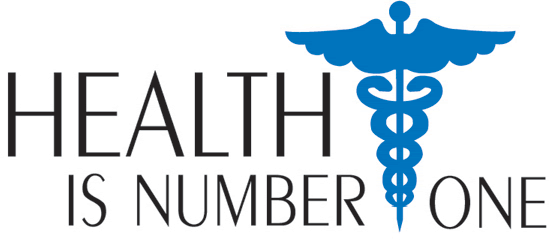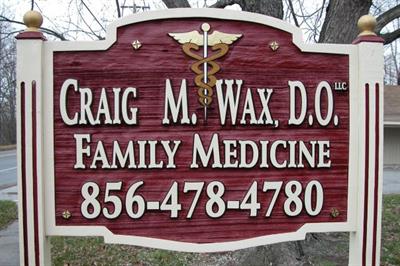Health Library ~ Family Medicine in Mullica Hill, NJ
Preparing for Surgery
The aging process and the everyday use of our bodies sometimes cause them to need a little repair. If you are like me, you've had surgery in the past or may be having it in the near future. Preparing for this medical procedure before the operation will insure you receive the best care from health care professionals as well as people around you.
To begin preparation for surgery, talk with your doctor. Inform your doctor of your medical history as well as your family's history. This information aids doctors with their decisions on how to proceed with the surgery.
During your initial consultation with your doctor, make sure you completely understand your surgical procedure, why you need the procedure, and any complications that may occur. If in your discussion and understanding of the procedure, you doctor tells you that you may need blood during or after the procedure they may recommend you donate some of your own blood.
Additionally, you must consider that surgery may change the way your body looks, ask your doctor about what may happen. You also want to know how long you will remain in the hospital and if you will need any home care assistance. You need to know if any special equipment will be needed in your home after the surgery. The more information you know from your doctor about your surgery, the more you can share with your loved ones.
Surgery also drains the body. To ensure a quicker recovery, maintain or begin building a healthy lifestyle before the surgery. Increased physical activity, whether walking or riding a bike, promotes this healthy living. If you have children or grandchildren, play a game of basketball or go for a walk with them. Balancing your daily food intake also facilitates better health. A diet rich in fresh fruits and vegetables along with increased doses of Vitamin C increases the healing process after surgery. Reduce or stop the use of cigarettes and alcohol. Recreational drugs should not be used and your surgeon my want you to reduce or stop prescription or over the counter drugs just prior to the surgery. Finally, be careful not to dramatically lose weight before the surgery. Weight loss can affect your body's ability to cope with stress after surgery.
Preparation also includes preparing others for your surgery. You may need the assistance of a spouse, relative, or close friend after the surgery. These support people can help you drive to the surgery center, bring you home after the surgery, and provide care for you days after the operation. Be sure to educate them on the procedure and the responsibilities you will require of them before and after the surgery. If you do not have this support, check with your physician to find out what community or state services and resources may be available to you. These services can help you exclusively or help augment your family and friends.
The day before your surgery you should take special precautions. Ask your physician if you should stop taking any medication before the surgery. Generally you can continue to use medications prior to surgery, but it is recommended to ask your doctor. Depending on the type of surgery, you may need to fast for 12 hours prior to the surgery. Fasting may include refraining from eating and/or drinking. You should also refrain from smoking. Finally, be sure to get a good night's rest.
The morning of the surgery should be simple. Since you have already prepared for the surgery, you will know what to expect. When you wake up, take a relaxing shower or bath. This reduces the risk of infection during surgery and also relaxes your muscles. Wear loose clothing and flat shoes to the hospital. Comfortable clothes will reduce added pressure to sensitive areas after the surgery. Leave any expensive jewelry at home. If you wear contact lenses, ask your doctor if you can wear them or if you should bring glasses. You may also want to prepare food before you leave so that when you return home you do not have to worry about cooking. Delivery may also be an alternative. Also, make sure you bring your insurance card, Medicare card, or other necessary paperwork to the hospital.
You may also find that you are somewhat depressed post surgery. This is normal and may be worse if the surgery is sudden or severe. Please be aware of this and let your family and friends know. With proper preparation, you will reduce the risk of complications as well as increase your rate of recovery. Your friends and family will know what to do after your surgery and you will know what to expect throughout the process.
|





